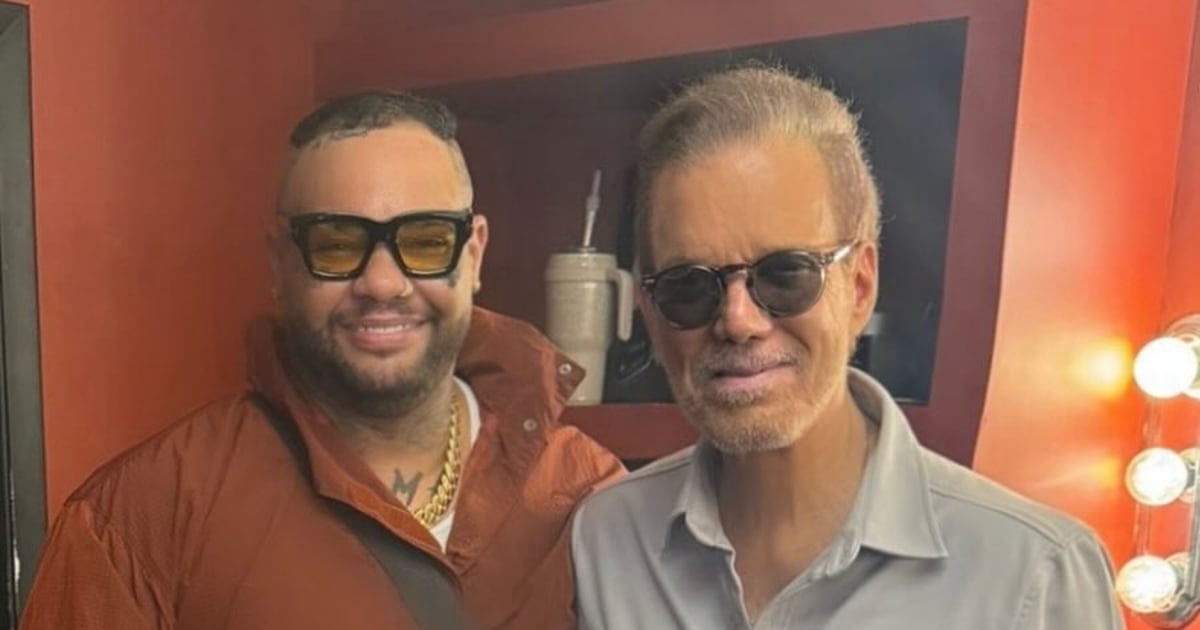
Willy Chirino shared an emotional message on social media following the death of El Taiger, along with a snippet from an interview that the reggaeton artist had given to Enrique Santos.
"This video was published by Enrique Santos today, and for the second time in a week, Jose moved me with his words. Somehow, without sharing it with him, he understood very clearly what my behavior has been with the Cuban artists from the other shore that I have encountered along the way since the 80s," Willy wrote at the beginning of his post, in which he referred to the human side of El Taiger.
"Yesterday we lost El Taiger, and his departure hurts me deeply, as I know that behind that facade of a rebellious man, who didn't follow the patterns demanded by the laws, there was a good-hearted man, a friend to his friends, who was loved and who clearly understood how to connect with the audience through his songs," he continued.
Chirino also recalled a special moment at a recent concert: "The day I went to see him at his concert at the Flamingo, his first words before singing were 'Long live a free Cuba!' shouted at the top of his lungs, and during the show, he raised his voice to shout again 'Long live the United States!'."
Willy closed his message mourning the loss and sending his condolences: "Today, millions of followers of your work are crying, your friends are crying, and most of all, your family is crying, and to all of them goes my deepest sympathy... For you, José, it is your time to fly high, but without distancing yourself in spirit from all of us who feel your death deeply. I pray for your eternal rest."
A few days before the fatal outcome, when the reggaeton artist was in critical condition in the hospital after receiving a gunshot to the head, Willy had shown his support and wishes for recovery: “Today I am with you, José, and I pray to God to see you again on stage… I hope that one day we can sing together in a free Cuba,” he said on that occasion, joining the chains of prayers for the young urban artist.
El Taiger, whose real name was José Manuel Carvajal Zaldívar, was one of the most recognized figures in the urban genre in Cuba.
With a career marked by successes like "La Historia," "Coronamos," "Washy Pupa," "La Guariconfianza," "Papelito," "Habla Matador," among many others, he stood out for his unique style and his ability to connect with the audience. Throughout his career, he worked with renowned artists and always remained true to his Cuban roots, bringing his music to international stages.
His death has left a void in the reguetón scene, but his legacy lives on among his followers and the music industry.
What do you think?
COMMENTFiled under: